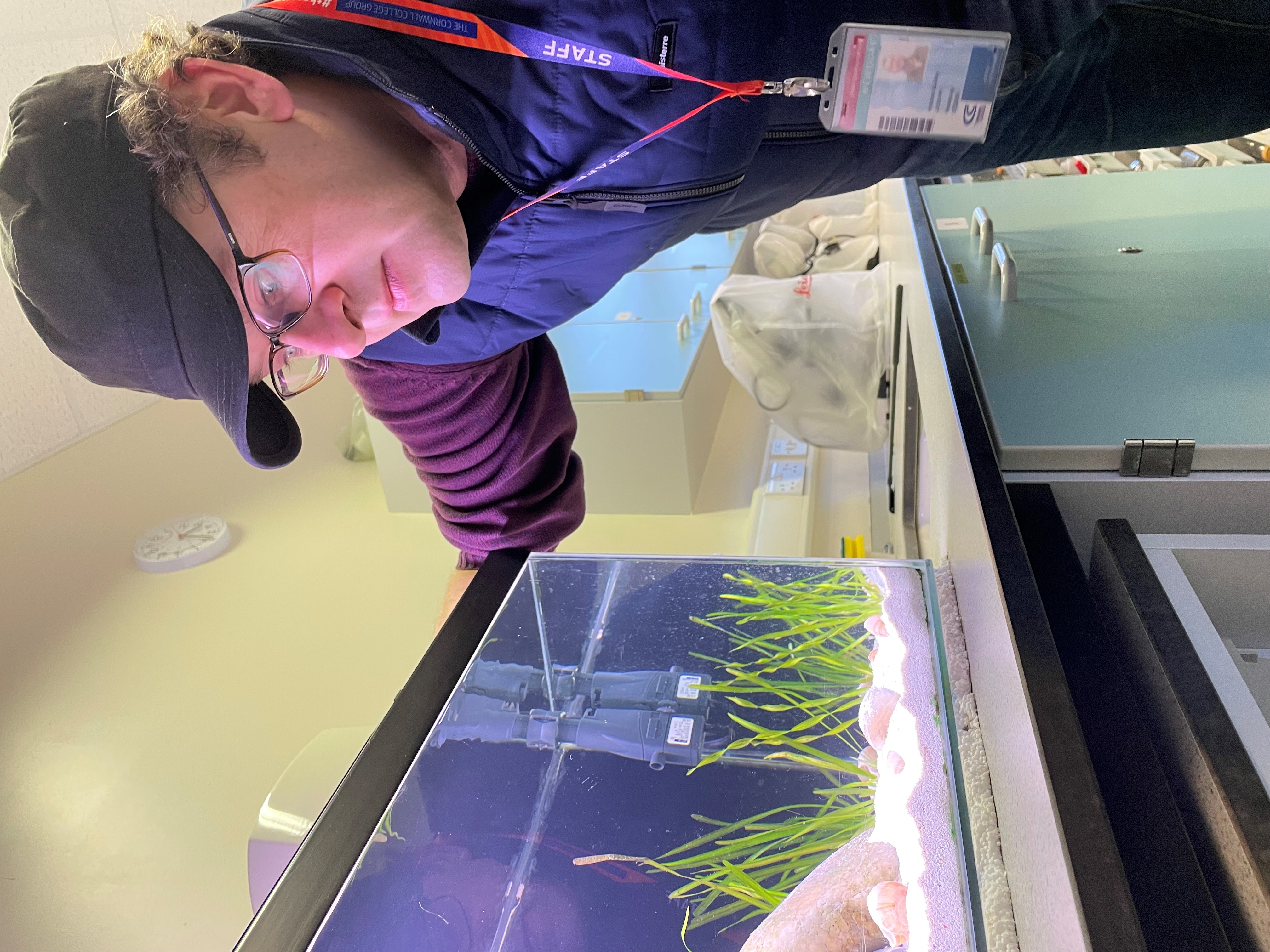
If you continue browsing this website, you agree to our policies:
x
Section outline
-



-
Full-time Courses Starting September 2025
-
To keep up to date with the latest scientific research, the Science Daily website is an excellent resource; just use the menus to find your area of interest.
-
BBC Bitesize is a free online study resource created by the BBC to help students in the UK with their revision and learning. It offers a wide range of educational materials, including videos, quizzes, games, and step-by-step guides, covering subjects including biology and chemistry.
-
Khan Academy is a nonprofit educational organisation that provides free online courses, lessons, and practice materials for learners of all ages.
-
The Fundamentals of Biology YouTube channel offers educational content designed to help viewers understand the basics of biology. The channel features a variety of videos that cover essential topics such as cell structure, organic compounds, thermoregulation, osmoregulation, and more.
-
Paul Andersen is an educational consultant and YouTube creator living in Bozeman, MT. Paul is an experienced educator having taught science in Montana for 20 years. Paul was the 2011 Montana Teacher of the Year, and was also one of four finalists for the 2011 National Teacher of the Year. Paul was selected by YouTube as YouTube Edu Guru in 2012.
-
An exploration of the world's life science subjects.
-
Subscribe for weekly videos from their courses! The Crash Course team has produced more than 50 courses on a wide variety of subjects, ranging from the humanities to the sciences and so much more! We also recently teamed up with Arizona State University to bring you more courses on the Study Hall channel.




